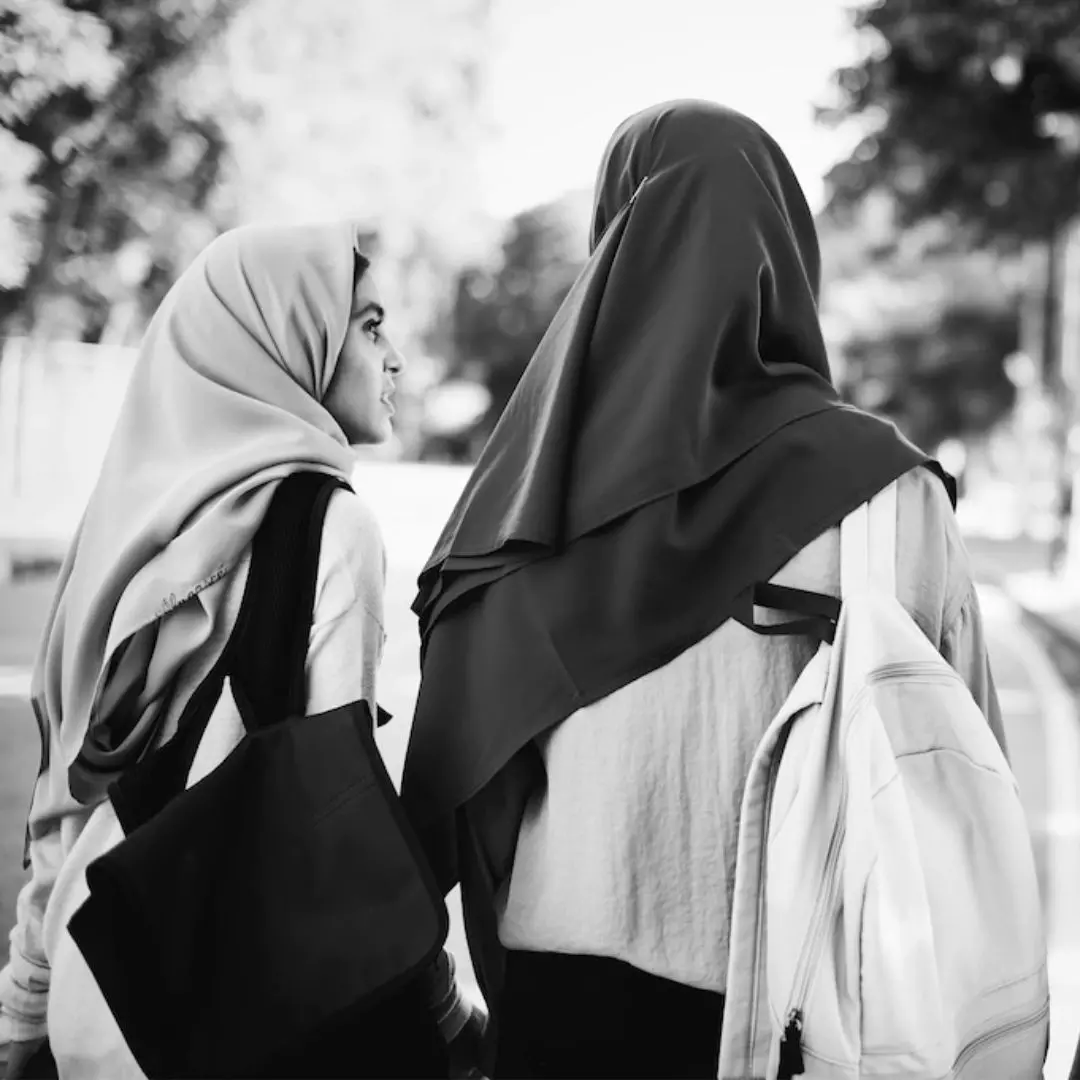
Image Credit: Freepik (Representational)
Karnataka Hijab Row: A Year Later, Muslim Students Face Discrimination & Harassment; Reveals Report
Writer: Ronit Kumar Singh
A confident and reliable journalist who always desires to toss the unheard voices. I cover politics and governance extensively through stories.
Karnataka, 11 Jan 2023 5:21 AM GMT
Editor : Shiva Chaudhary |
A post-graduate in Journalism and Mass Communication with relevant skills, specialising in content editing & writing. I believe in the precise dissemination of information based on facts to the public.
Creatives : Ronit Kumar Singh
A confident and reliable journalist who always desires to toss the unheard voices. I cover politics and governance extensively through stories.
The hijab row came under the spotlight on December 31, 2021, after six girls at a pre-university (PU) college in Udupi were denied entry to the classroom due to their headscarves. A year later, Muslim girls continue to face discrimination and harassment.
A year following the hijab row erupted in Karnataka after six girls at a pre-university (PU) college in Udupi were denied entry to the classroom due to their headscarves; the Muslim girls continued to face harassment and discrimination. A survey-backed report released by the People's Union For Civil Liberties has highlighted that these girls still suffer challenges in the state.
The survey team visited a total of five districts in the state- Hassan, Udupi, Raichur, Dakshina Kannada, and Shivamogga to interview students, authorities, and teachers. The report 'Closing the Gates of Education: Violations of Rights of Muslim Women Students' mentions that Muslim students still face harassment from college administrations.
How Has It Affected The Students?
As a result of year-long disturbances, many Muslim girls have shifted to minority educational institutions from their government and private colleges. The report mentions, "Students from marginalised communities, religious minorities, and Adivasis have repeatedly shared their experiences of discrimination in classrooms."
The report adds, "it adversely affects their self-confidence and inhibits their aspirations for higher studies and sense of freedom. A divided and discriminatory educational space directly galvanises the establishment of a further divided society," The New Indian Express reported.
Muslim Girls Share Their Experiences
A student interviewed during the survey said, "I left my college and searched for other colleges that allowed girls to wear hijab. There was free education in government colleges, but in my new college, the travel expense was high. I wanted to pursue MSc, which is not possible now. It feels that my dreams are now shattered."
According to the report, many Muslim girls faced a behavioural change in their friends and colleagues towards them after the hijab row. As a result, they had to change their educational institutes and seek help from within their community.
Another Muslim girl mentioned that there was a sudden change in the behaviour of friends and neighbours. The presence of police forces at college gates and confrontations with male students have made many girls uncomfortable. A year after the hijab row erupted, the minority community also faced social media abuses, limiting their freedom of speech and expression.
Also Read: In A Historic Feat, Indian-Origin Manpreet Monica Singh Becomes First Female Sikh Judge In US
 All section
All section














